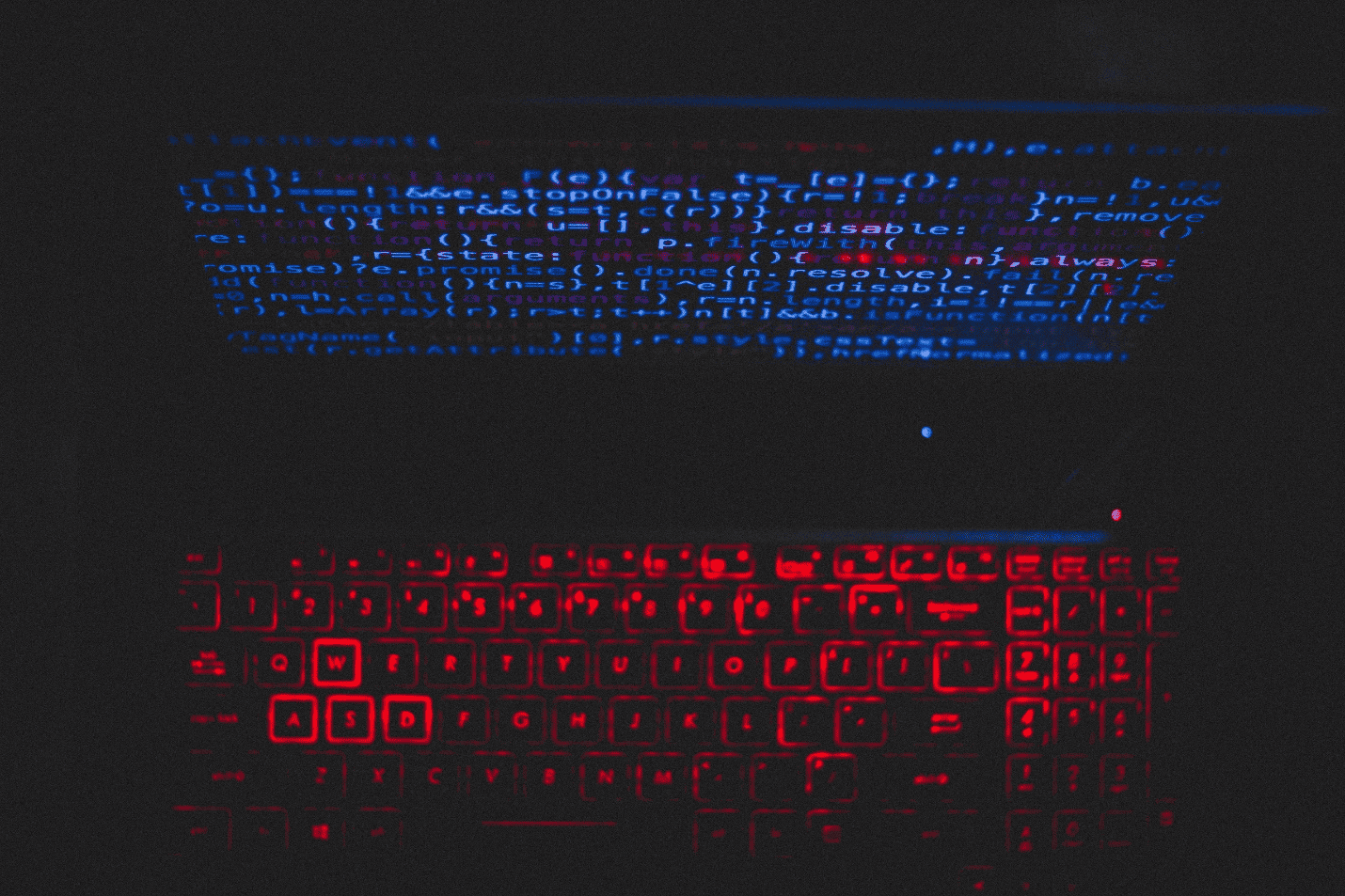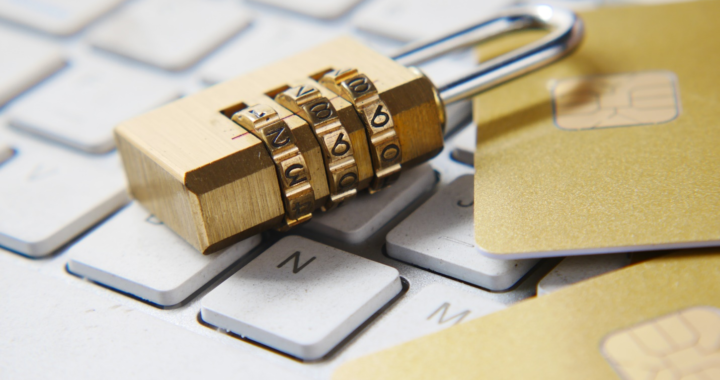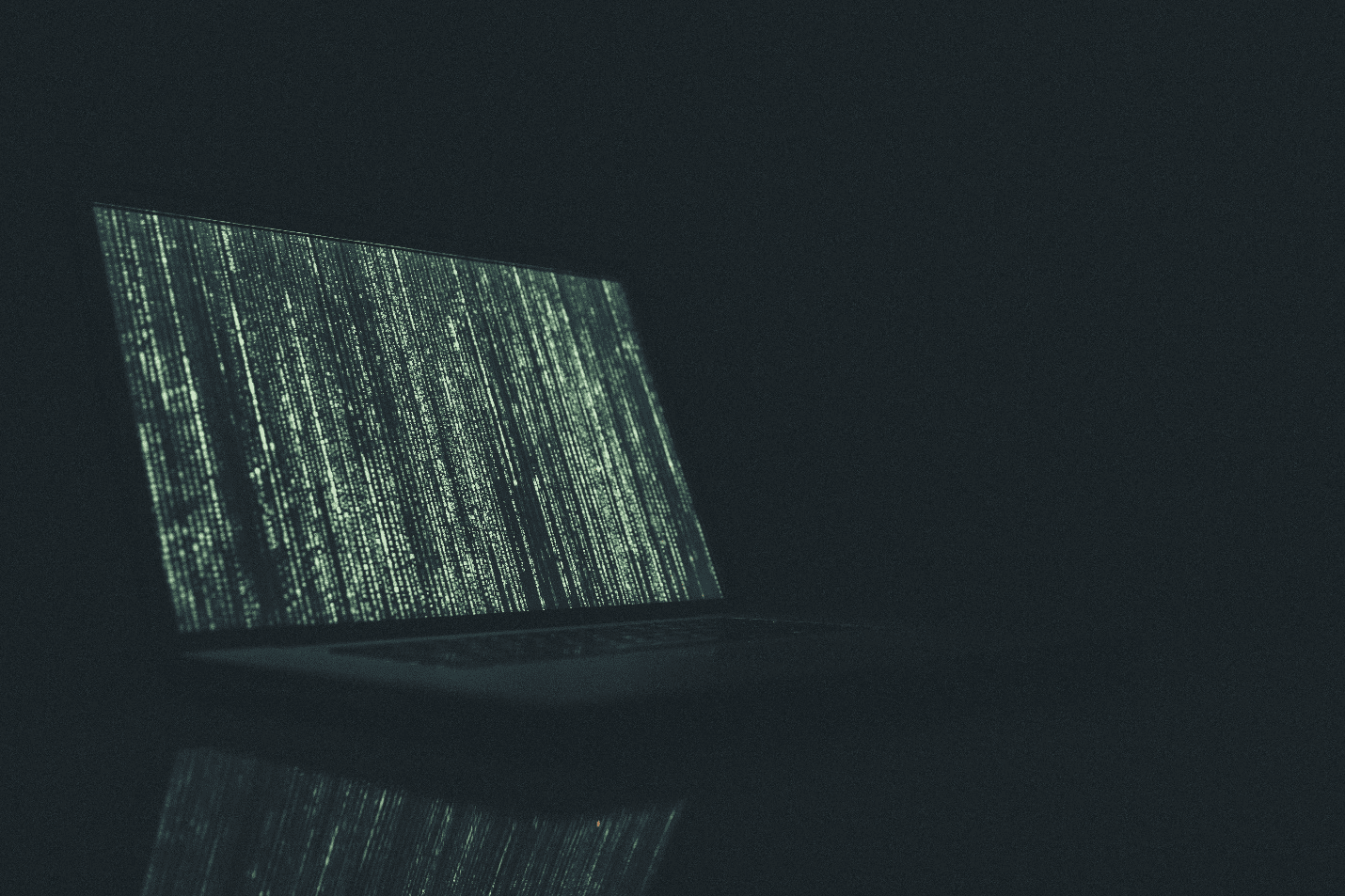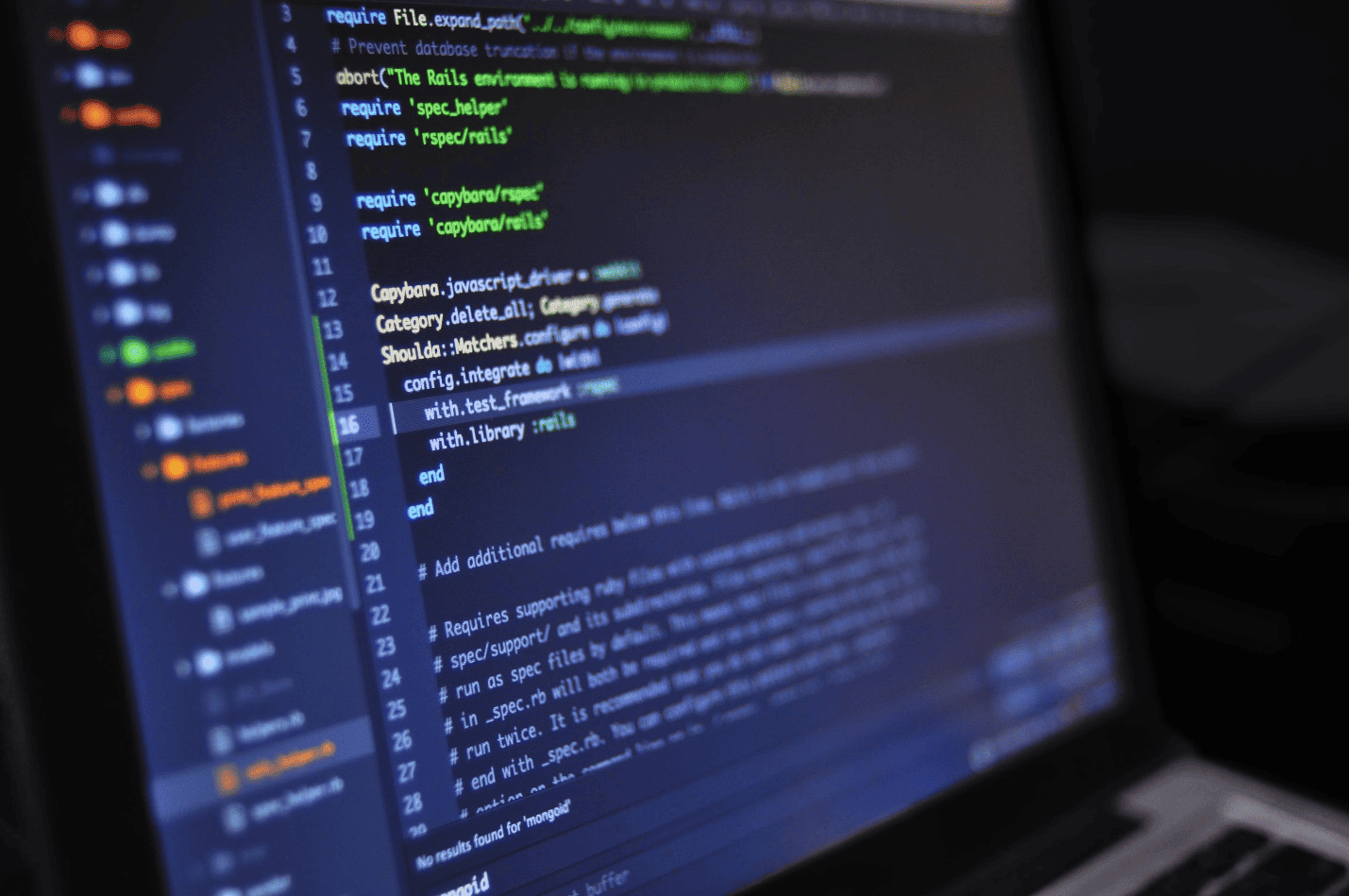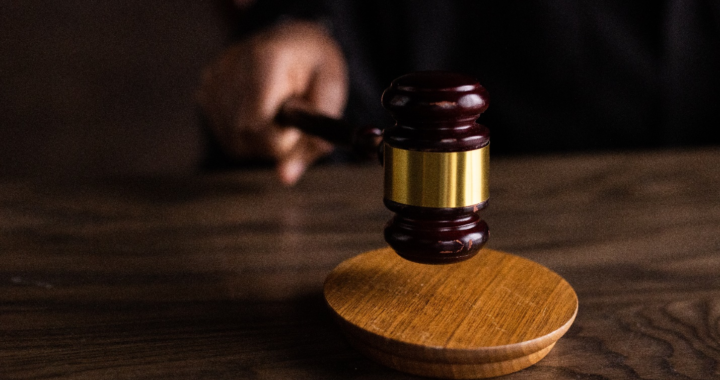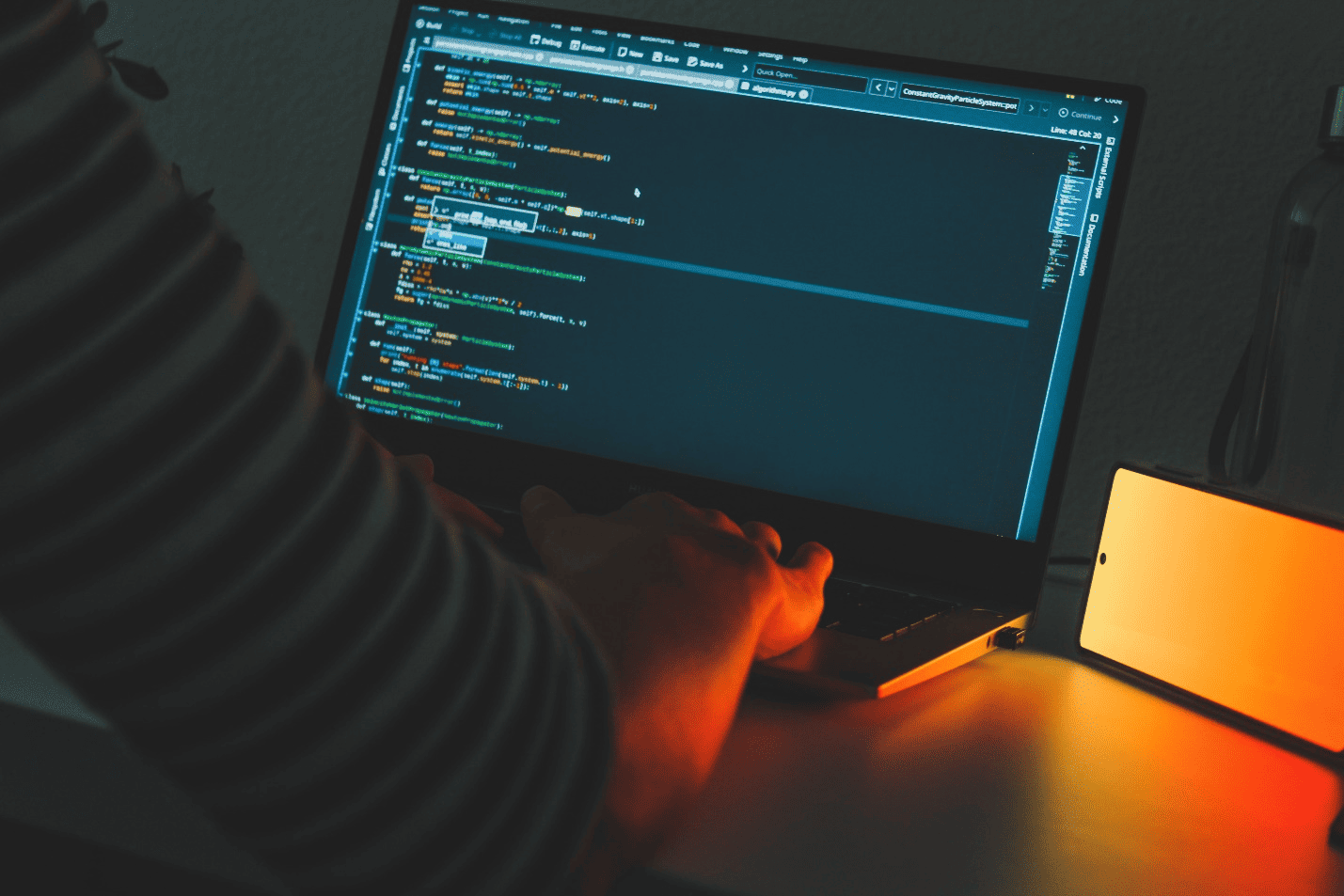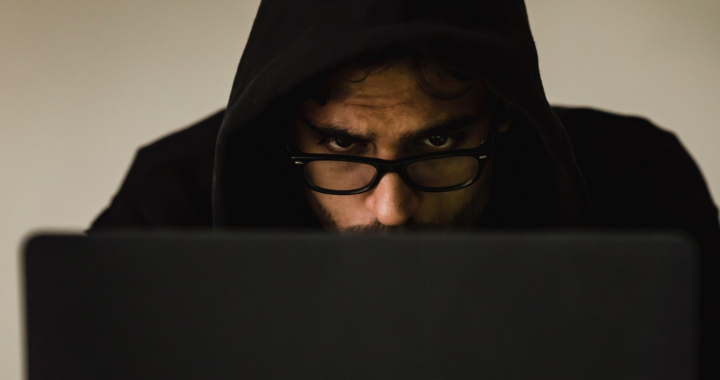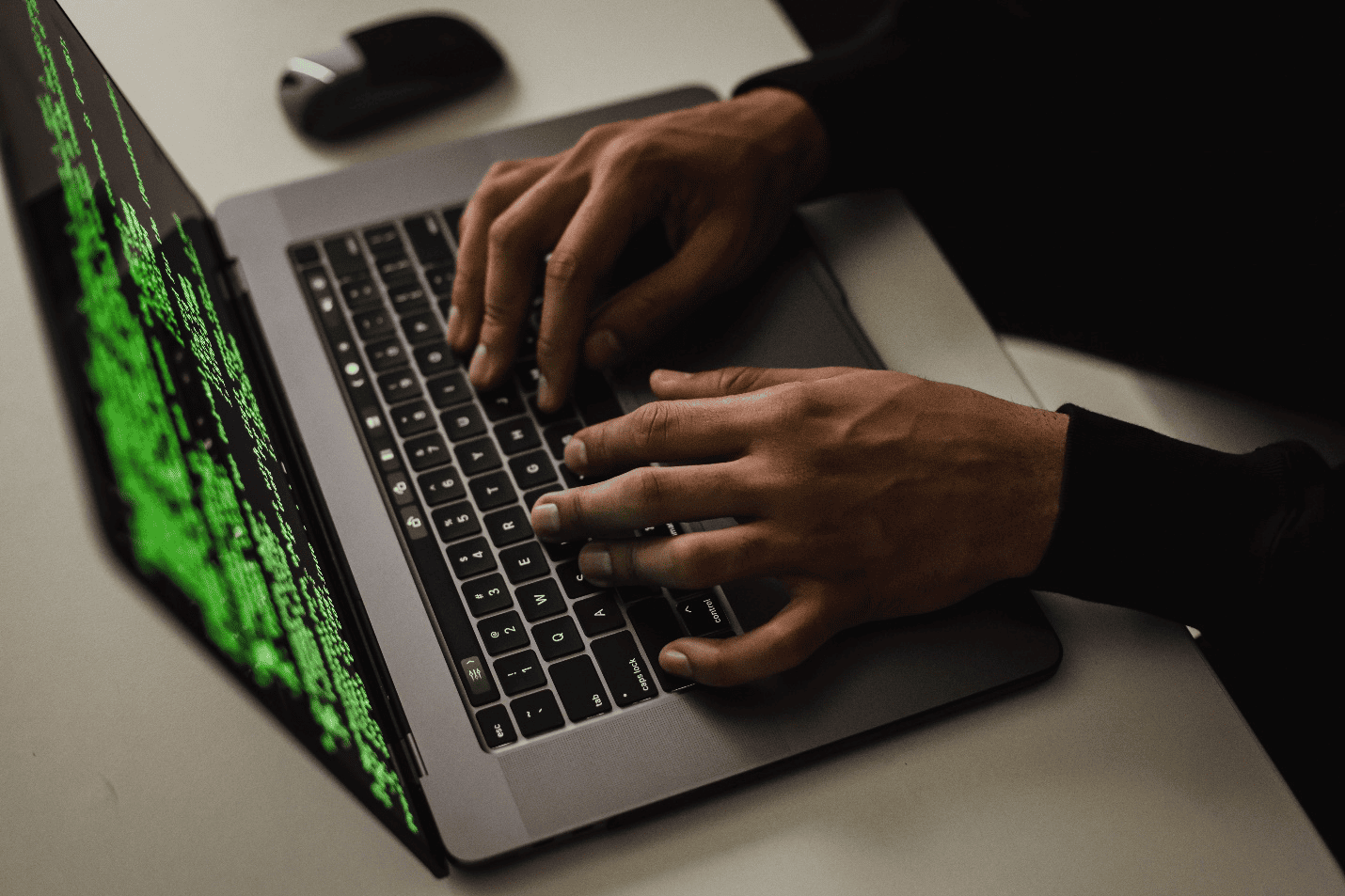In our current digital world, the boundaries between physical and virtual landscapes have become blurred. This has led to a new kind of threat to emerge – cyber extortion and ransomware attacks. These malicious attacks have the power to cripple businesses, steal personal information, and leave an indelible mark on the lives of countless individuals.
The increase in cyber extortion and ransomware attacks isn’t just a small issue in the world of technology; it’s a widespread storm that endangers governments, corporations, and individuals without exception. In the face of such escalating dangers, digital forensics serve as a formidable ally to combat these virtual predators.
The rapid transmission of information and the duality of anonymity underscore the paramount importance of digital forensic experts. This blog post delves deep into the ways digital forensics stands as a protector against cyber extortion and ransomware attacks. We’ll uncover its multidimensional facets to understand how it mitigates the escalating dangers of cyber extortion and ransomware attacks.
Role of Digital Forensics in Investigating Cyber Extortion
At its core, digital forensics revolves around collecting and analyzing digital evidence from a multitude of sources. This process entails skillfully navigating through the labyrinth of data trails, extracting vital clues from electronic devices, networks, and communication channels.
The essence of preserving the digital crime scene cannot be overstated. It stands as the cornerstone of maintaining evidence integrity throughout the investigative journey. Digital forensics experts employ their expertise to ensure that the evidence remains unaltered and untampered. Just as in a traditional crime scene, the integrity of evidence is paramount, often determining the success or failure of legal proceedings.
Additionally, they use cutting-edge tools and innovative techniques, designed with precision to aid in the meticulous extraction of digital footprints left behind by extortionists. They employ the latest software to decipher encrypted data, trace illicit transactions, and reconstruct communication threads. By tapping into these technological wonders, digital forensic experts shine a spotlight on hidden connections and unveil the tactics of cyber extortionists.
Help in Decrypting Ransomware and Analyzing Malicious Code
Ransomware attacks, a prevalent form of cybercrime, have inflicted substantial harm on individuals and organizations alike. They immobilizing digital infrastructure and imposed financial burdens. The detrimental aftermath of these attacks underscored the pressing need for effective countermeasures.
In this context, digital forensics assumes a pivotal role in deciphering ransomware complexities and neutralizing its impact. By meticulously examining the malicious code, experts uncover vulnerabilities intrinsic to the ransomware structure, presenting a systematic approach to counteract extortionists’ intent.
The decryption of ransomware, a linchpin of digital forensics’ contribution, is executed through comprehensive analysis and strategic interventions. Armed with technical acumen and advanced tools, experts engage in a methodical exploration of the ransomware’s code, revealing weak points for exploitation. This process engenders the retrieval of decryption keys, a key facet in liberating compromised data and negating ransom demands. Beyond data recovery, the act of decrypting ransomware subverts the criminals’ operational potency, reasserting control in favor of the victims.
The NotPetya Ransom Incident of 2017
A noteworthy example of this was the NotPetya ransomware incident of 2017. In this instance, the combined efforts of cybersecurity professionals and digital forensic experts played a decisive role. Systematically inspecting the malware’s code, these professionals disclosed its intricate design, which led to the eventual development of counteractive tools. The outcome demonstrated the systematic efficacy of digital forensics in dismantling ransomware threats.
Recover Digital Evidence from Compromised Systems
Digital forensics also assumes a crucial role in recovering vital evidence from systems compromised by cyber extortion or ransomware attacks. However, this endeavor is not devoid of challenges, as it requires adeptness in collecting evidence without altering or jeopardizing its integrity. The application of forensically sound practices serves as the cornerstone of this process, ensuring that data recovery and evidence preservation are conducted with precision.
Challenges of Recovering Digital Evidence
Recovering digital evidence from compromised systems is a multifaceted undertaking. The primary challenge is acquiring evidence without inadvertently altering or damaging it. The delicate nature of digital artifacts necessitates an approach that respects the intricacies of the digital ecosystem. The risk of inadvertently modifying evidence is pronounced, underscoring the necessity for meticulous handling.
How Digital Forensic Practices Help
Forensically sound practices guide the recovery process, safeguarding the collected evidence. These practices encompass a range of methodologies, from creating forensic images of storage devices to conducting comprehensive data audits. By following these practices, digital forensic experts systematically navigate through the maze of data, ensuring that each step adheres to ethical standards and legal requirements.
For example, in corporate data breach cases, the compromised server contains sensitive customer information. Employing forensically sound procedures, experts can meticulously image the server and capture an exact replica of its content. This image, untampered and verified, can facilitate the examination of the breach’s origin, methods, and extent.
In this way, digital forensics play an instrumental role in recovering evidence from compromised systems.
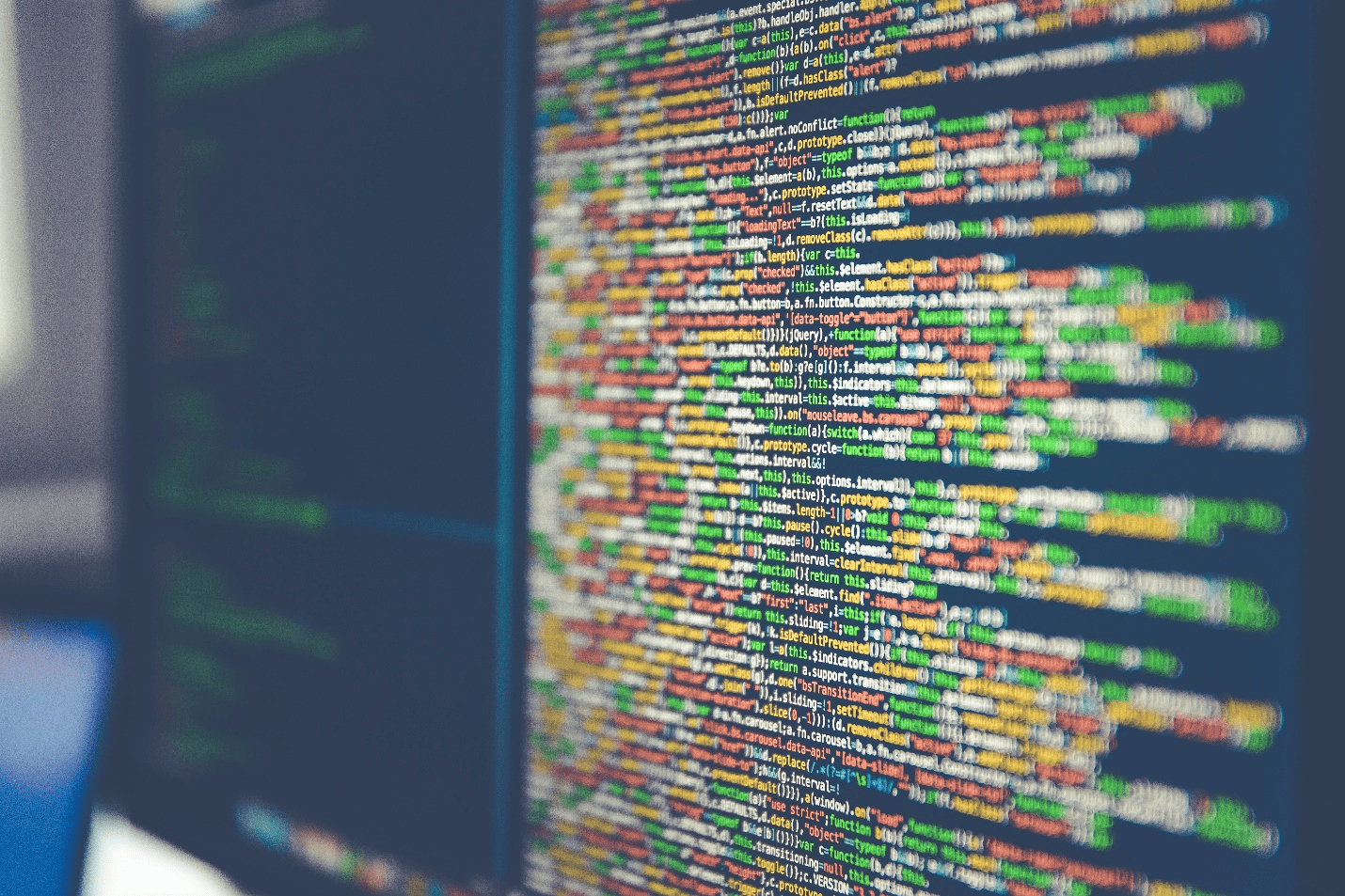
Analyze Communication Channels and Threat Vectors
Digital forensics are also extremely beneficial in deciphering communication channels and threat vectors employed by cyber extortionists. These malicious actors exploit a range of communication avenues for their demands, necessitating a systematic approach to analyze and unveil their tactics.
Cyber extortionists exploit diverse communication channels to propagate their demands. Email remains a prevalent medium for delivering threats, often concealed behind anonymizing services and forged headers. Instant messaging platforms and social media, too, become conduits for their coercive messages. This multichannel approach enhances their anonymity while intensifying the challenge of tracing their identities.
In response, digital forensics utilize forensic techniques to analyze digital interactions. Expert scrutiny of email headers unravels concealed IP addresses and traces the sender’s path. Another method is the analysis of chat logs that help unearth hidden conversations, timelines, and patterns. The seamless integration of technology and investigative acumen enables experts to reconstruct the communication puzzle, presenting a holistic view of the extortionist’s maneuvers.
Understanding these communication channels is pivotal in pinpointing the origin of threats. By analyzing the metadata embedded in emails, experts discern geographical and temporal markers. Tracking the journey of electronic communication through servers and nodes offers insights into the source’s location.
Similarly, delving into chat logs and messaging trails illuminates the trail of interactions, unveiling the modus operandi and affiliations of the extortionists.
Create Comprehensive Digital Forensics Reports for Court
Crafting court-certified digital forensics reports of cyber extortion and ransomware attacks is a systematic endeavor. It commences with a thorough analysis of collected digital evidence, encompassing data from various sources such as devices, communication channels, and networks. Digital forensics experts have the expertise to present intricate technical details in a digestible manner for courts.
This evidence is methodically examined to draw out relevant information that substantiates the case at hand. The ensuing steps involve organizing the findings, preparing explanatory narratives, and integrating visual aids to elucidate complex technical concepts.
Digital forensics reports bridge the gap between technological intricacies and legal comprehension. Experts adeptly translate technical jargon into layman’s terms, allowing judges and juries to grasp the nuances without being overwhelmed. This lucid communication of technicalities bolsters the credibility of the report and enhances its impact during legal proceedings.
For example, in a corporate espionage case, a meticulously prepared report will be able to shed light on the unauthorized access to sensitive company data. The report will synthesize intricate data trails into a clear narrative, presenting a compelling argument for legal action. As a result, the judge, aided by the expertly presented report, will be able to arrive to a well-informed verdict that upholds the tenets of justice.

Choose Eclipse Forensics to Make Your Digital World Secure
Do you require digital forensic services against cyber extortion and ransomware attacks? Then look no further than Eclipse Forensics.
At Eclipse Forensics, we stand as your unwavering partner, dedicated to uncovering the truth hidden within the digital realm. Our team of seasoned cyber forensic experts specializes in deciphering the complexities of cybercrime, meticulously analyzing digital evidence. With a proven track record in digital forensic solutions, we bring a wealth of expertise to the table.
Every case is unique, and so is our approach. We tailor our methodologies to suit your specific needs, ensuring that no stone is left unturned in our pursuit of truth. Whether you’re an individual seeking justice or an organization safeguarding your operations, our computer forensics experts here to empower you with the knowledge and evidence necessary.
Contact us now to find out more about our services or to get started.
